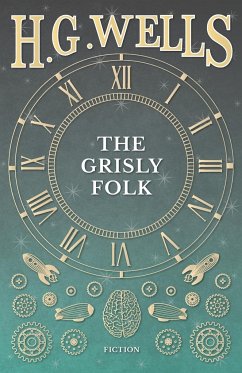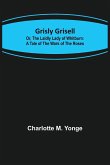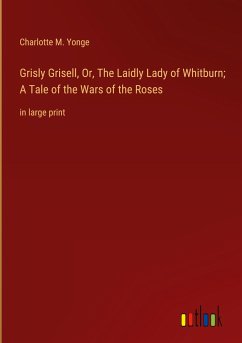This volume contains H. G. Wells' 1921 work, "The Grisly Folk". It concerns itself with the concept of Neanderthals, exploring their differences to our ancestors, the time when they existed, their use of tools, the supposed inevitability of their meeting the earliest men, and what might have happened to them. Interesting and thought-provoking, "The Grisly Folk" is recommended for those with an interest in pre-history, and is not to be missed by fans and collectors of Wells' work. Herbert George Wells (1866 - 1946) was a prolific English writer who wrote in a variety of genres, including the novel, politics, history, and social commentary. Today, he is perhaps best remembered for his contributions to the science fiction genre thanks to such novels as "The Time Machine" (1895), "The Invisible Man" (1897), and "The War of the Worlds" (1898). "The Father of Science Fiction" was also a staunch socialist, and his later works are increasingly political and didactic. Many vintage books such as this are becoming increasingly scarce and expensive. We are republishing this book now in an affordable, modern, high-quality edition complete with a specially commissioned new biography of the author.
Bitte wählen Sie Ihr Anliegen aus.
Rechnungen
Retourenschein anfordern
Bestellstatus
Storno








